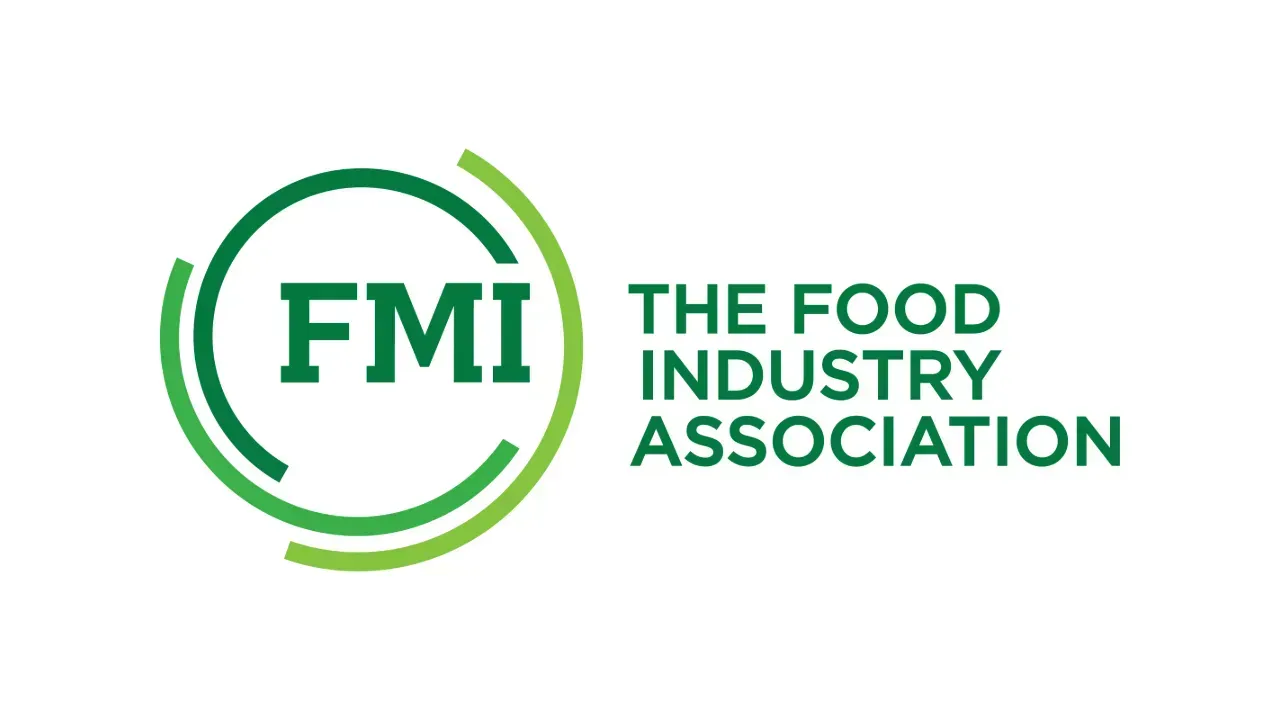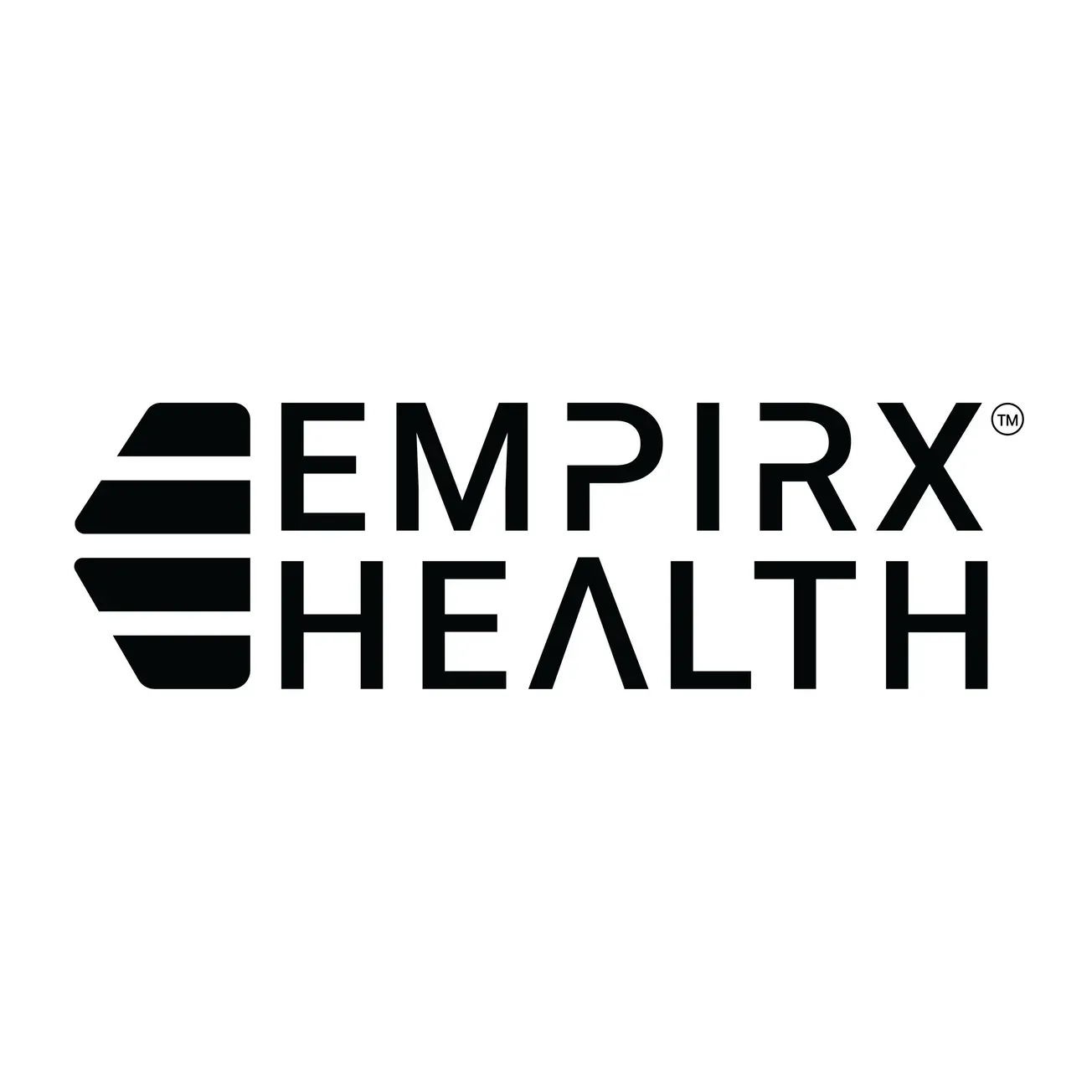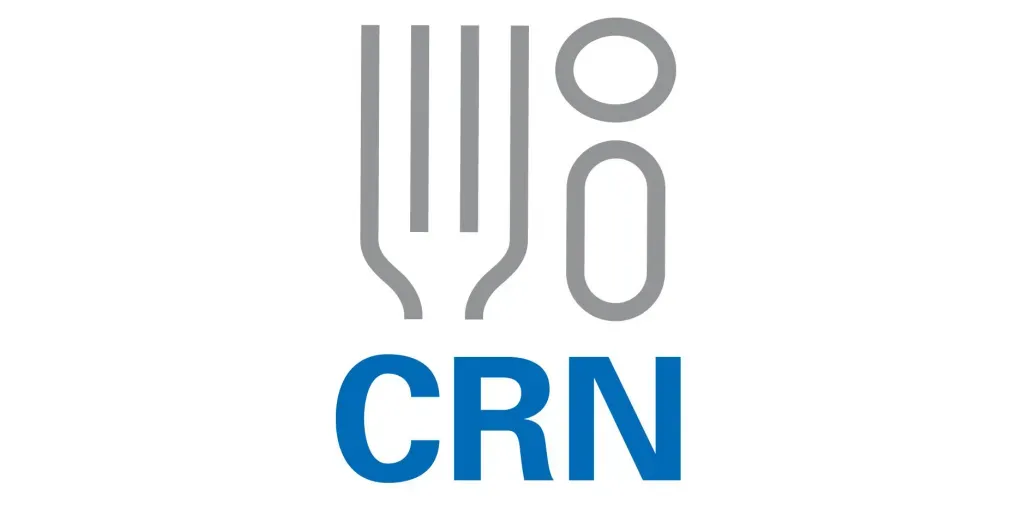CHICAGO — Health plans may face double-digit hikes in health care claim costs over the next 12 months, which could end up increasing the burden for employers and employees, according to a survey by Aon Consulting.
The workplace consulting firm polled more than 60 top health care insurers, representing 100 million-plus insured individuals, and found that health care claim costs stand to rise 10.4% for HMOs, 10.4% for POS plans, 10.7% for PPOs and 10.5% for CDH plans.
Those increases are slightly lower than a year ago, when costs rose 10.6% for HMOs and 10.5% for POS plans. The increases remained the same for PPOs and CDH plans, at 10.7% and 10.5%, respectively.
"Aon Consulting conducts a health care trend survey twice a year to forecast the expected future increase in employer-provided health plan claims cost, before any plan changes, based on input from leading health plan actuaries," according to John Zern, Aon Consulting’s U.S. Health & Benefits Practice director. "This data helps employers evaluate the competitiveness of health insurance premium renewals. For employers with self-funded health plans, it helps in developing future claim estimates for budgeting purposes.
"While we’re seeing a slight decrease in the trend rates, it’s still at double digits," Zern noted. "And this year, it’s compounded by a struggling economy, lower wage increases and, in some cases, salary freezes."
Prescription drug costs for health plans, meanwhile, are expected to climb 9.3%, a bit lower than the 9.4% hike a year ago. Yet specialty pharmacy costs are projected to rise 13.2%, up from 12.4% in the prior year. Factors contributing to that trend, Aon Consulting said, include the "sluggish" rate of drug adoption across the board, compounded by the Food and Drug Administration’s reduced rate of drug approvals, especially for new molecular entities and biologics.
In addition, health care rates for retirees over age 65 are forecast to rise 6.6% for Medicare Supplement plans and 7.3% Medicare Advantage plans, down from 7.3% and 7.7% increases, respectively, a year ago, the survey found.
Dr. Paul Berger, chief medical officer for Aon Consulting’s U.S. Health & Benefits Practice, pointed to health and wellness promotion initiatives as one avenue for reining in medical costs.
"Approximately 30% of workers have chronic medical conditions, which account for 65% of this nation’s medical spend," Berger explained. "Wellness programs provide a strong platform for effectively managing chronic conditions and preventing future problems, but it’s up to the individual to take advantage of the programs offered. Behavior change is never easy, but those willing to make changes in this capacity benefit from better health and lower health care costs."
To help employers stem the tide of rising health care costs, leading drug store chains such as CVS Caremark Co. and Walgreen Co. have served up programs that promote less expensive pharmacy options, including increased use of generic drugs and mail order, and stress prevention, such as through in-store and workplace health clinics. They also offer pharmacy discount programs to employers and individuals.








